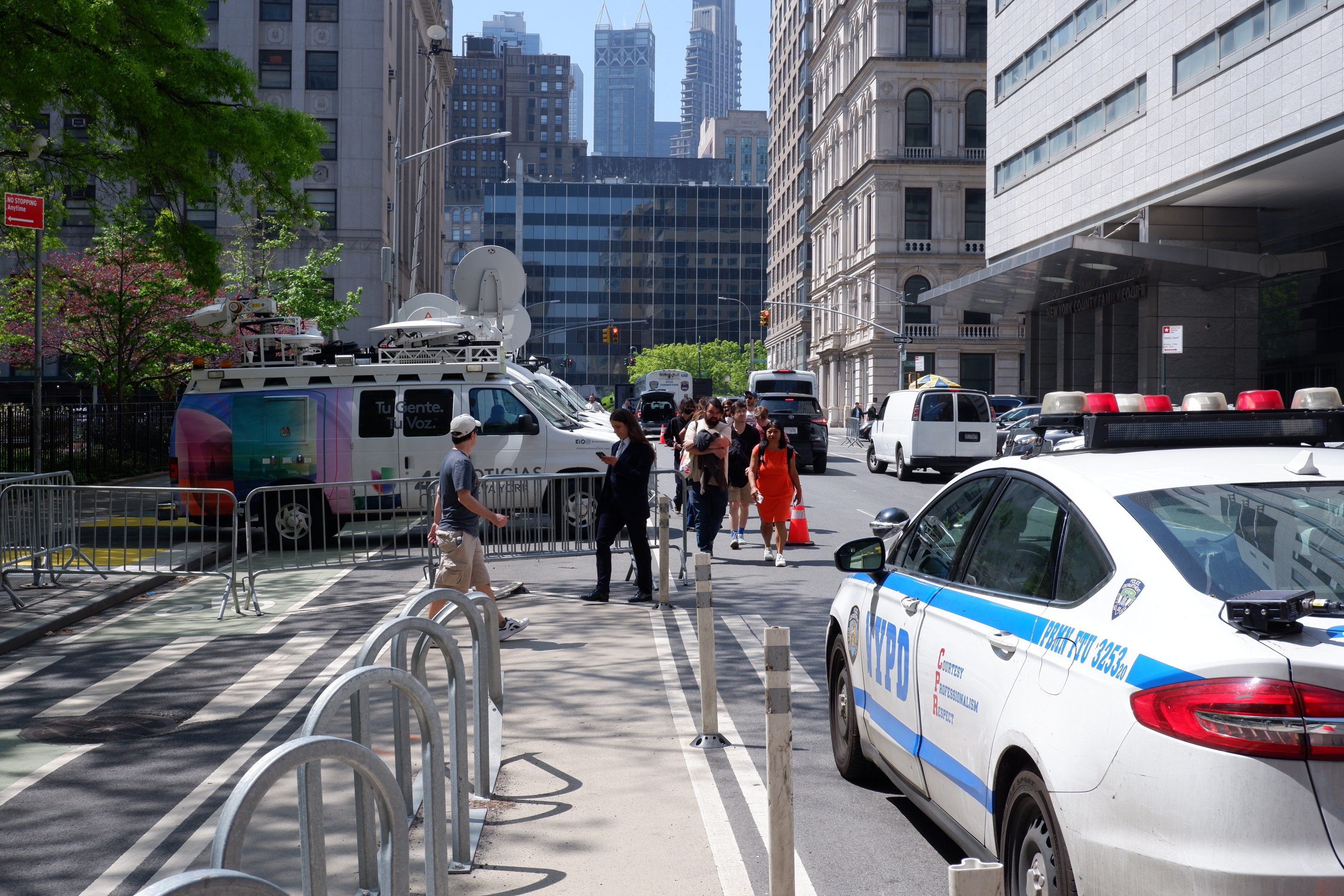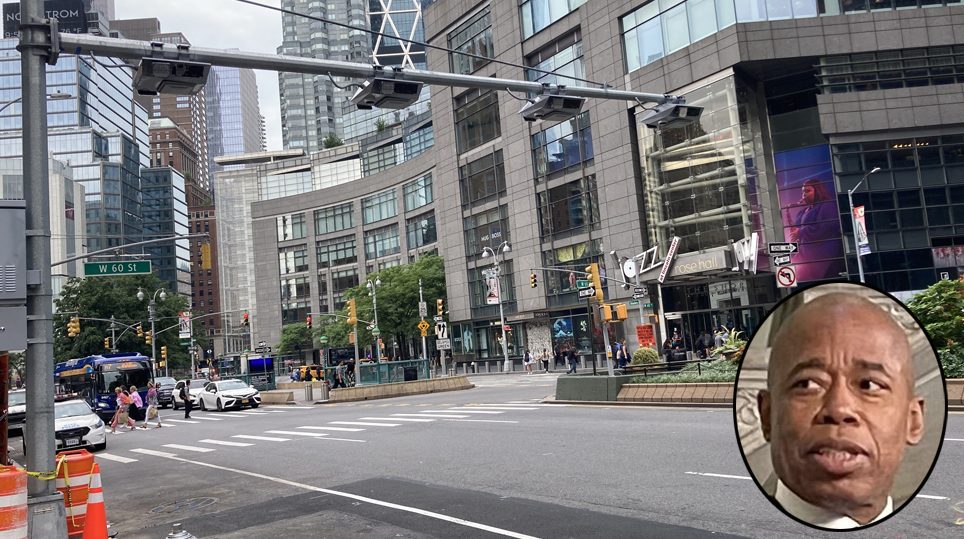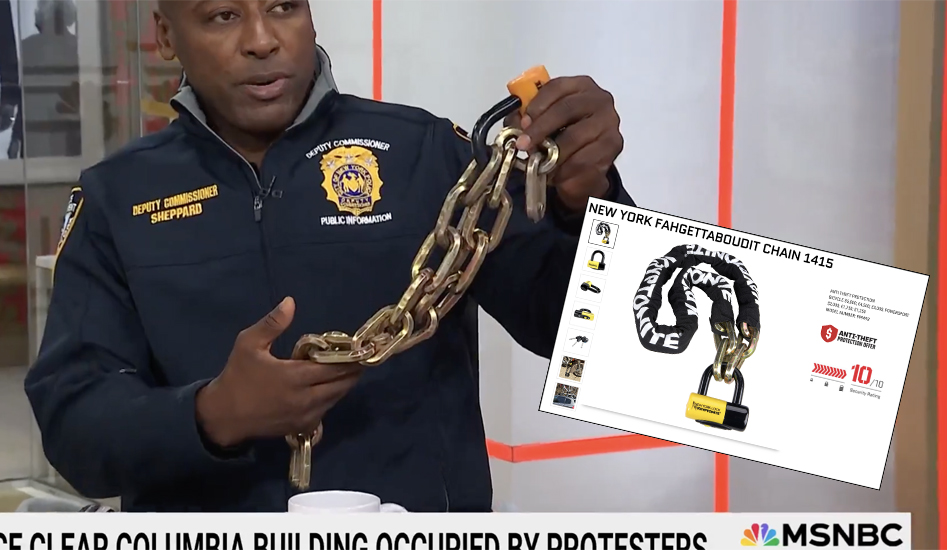 Matthew Schuerman offers up a brief but insightful profile of Westchester Assembly member Richard Brodsky in this week's Observer. Who is the man who holds the keys to the future of New York City transportation policy?
Matthew Schuerman offers up a brief but insightful profile of Westchester Assembly member Richard Brodsky in this week's Observer. Who is the man who holds the keys to the future of New York City transportation policy?
First of all, like many on the government payroll, he's got his own ideas about parking policy:
Already late for a meeting, he guided his deputy chief of staff, who was at the wheel, into a parking lot. "Just take the handicapped spot," he suggested, but she thought better of it and found a legitimate spot of her own.
Brodsky learned politics at the feet of Ed Muskie and Bella Abzug. He viscerally rejects the market-based, technology-driven environmental policy of congestion pricing. In his fight to maintain the free, unfettered motoring that his generation grew up with, he claims to be defending the interests of New York City's poor and working class. And though he talks, sounds and acts like the quintessential, baby-boomer, New York liberal politician, that's not how he defines himself:
A self-described progressive known for having a point of view on pretty much everything, he is also emerging as a key player in the battle over congestion pricing, Mayor Bloomberg's plan to charge $8 to drive in core Manhattan on weekdays. Mr. Brodsky does not like it.
Everyone Schuerman talks to -- even his opposition -- seems to like Brodsky and think he's a genuinely smart guy:
"Richard is an extremely intelligent guy who I believe could bring consensus to this issue if he really has an open mind," said Kathryn Wylde, the president and chief executive of the Partnership for New York City, and a member of the commission. "For him to become an advocate of congestion pricing is unlikely, but convincing him that the process of getting there is fair and the plan is comprehensive enough are going to be very important to making the commission work."
However, some suggest that Brodsky may be confused about what sort of transportation policy would actually benefit the vast majority of poor and middle class New Yorkers:
"A lot of it is lazy thinking-using the language of the middle class to put fear into a large segment of the population for the benefit of a small segment," said another commission member, Andrea Batista Schlesinger, executive director of the Drum Major Institute for Public Policy. "He confuses driving with a public good without recognizing that it is the streets that are the public good."
Photo: James Hamilton for the Observer
 Matthew Schuerman offers up a brief but insightful profile of Westchester Assembly member Richard Brodsky in
Matthew Schuerman offers up a brief but insightful profile of Westchester Assembly member Richard Brodsky in 



